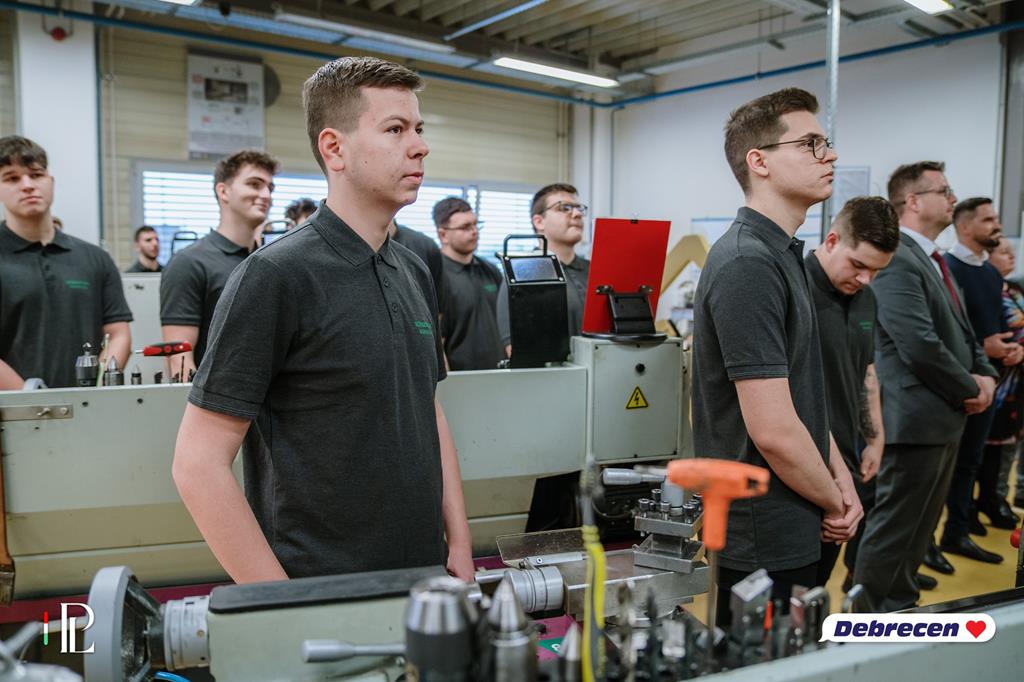German automotive industry supplier ZF will invest 24 billion forints (EUR 63m) at its bases in Kecskemét, in central Hungary, and Debrecen, in the country’s east. Meanwhile, South Korean automotive industry supplier Hanon Systems will invest 43 billion forints (EUR 113m) at local bases in Székesfehérvár, Pécs and Rétság.
ZF Chassis Modules Hungary will make shock absorbers as well as front and rear axles for electric vehicles to be manufactured from 2025 at the BMW plant in Debrecen and the Mercedes factory in Kecskemet, FM Péter Szijjártó said.
The state is providing 2.4 billion forints in support for the investment that will create 313 jobs, he said, adding that Hungary is “at the forefront” in the switch to electromobility. Here is a video:
South Korea Hanon to invest HUF 43 billion in Hungary
South Korean automotive industry supplier Hanon Systems will invest 43 billion forints (EUR 113m) at local bases in Székesfehérvár, Pécs and Rétság, the minister of foreign affairs and trade announced on Friday. The investment will involve upgrades and capacity expansions as well as a training programme for a staff of 200, Szijjártó said. The state is supporting the project, which will create 250 jobs, with 5.7 billion forints, he added.
Hungary faced “tough competition” to attract the investment, he said, noting that Hanon Systems had 53 factories in 21 countries around the world.
South Korean companies formed the largest group of foreign investors in Hungary in 2019 and again in 2021, said Szijjártó. Three of the world’s ten biggest EV battery makers are South Korean and two of those companies have big plants in Hungary, he added.
Read also:
please make a donation here
Hot news
What happened today in Hungary? – 21 May, 2024
Today celebrated National Defence Day in Hungary
School bomb threat in India: Threat sent from IP address linked to Budapest
Another direct flight to Greece from a Hungarian city in the countryside
Troubling: teachers are disappearing from Hungary
Possible 400 EUR/HUF exchange rate amid Hungarian central bank decisions



